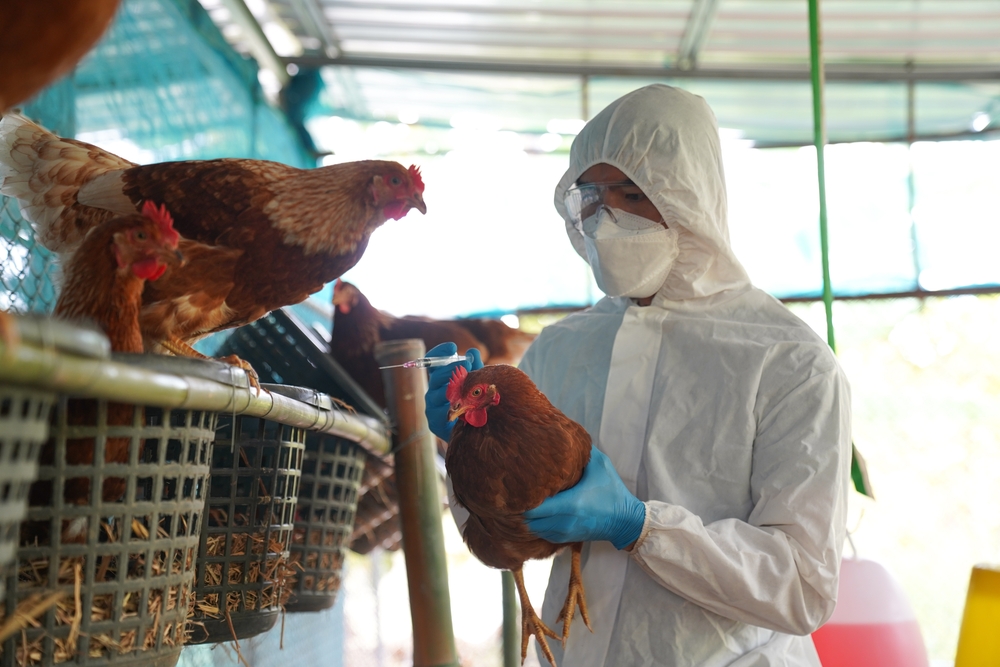Brazilian authorities celebrated the results of tests on more than 33,000 hens for avian influenza. According to Brazil’s Agriculture Ministry, the country remains free of the disease.
“The actions are aimed at demonstrating the absence of the disease in commercial poultry and monitoring the occurrence of strains of avian influenza that are concerning for public health,” explains Anderlise Borsoi, the Department of Animal Health’s strategic affairs coordinator.
Bird flu is spreading in Asia, Europe, parts of the U.S., and some Latin American countries in what is already the largest global outbreak on record. In the U.S., the virus has led to the destruction of millions of commercially raised chickens, turkeys, ducks, and geese, and has killed thousands of wild birds. For Brazilian poultry farmers, the health emergency is a major opportunity.
As the world’s second-largest poultry producer, Brazil saw record levels of poultry exports in 2022 — 4.8 million tons worth USD 9.7 billion — partly due to the impact of bird flu in other countries.
The pathogen, particularly the H5N1 strain, hasn’t often infected humans. But when it has, it has had a fatality rate of 56 percent, according to the World Health Organization.
The organization says that avian influenza viruses “have not acquired the ability for sustained transmission among humans,” but mutation has led to more cases among mammals, meaning that the risk of sustained human transmission could be growing.
Health officials are particularly concerned about the infection of migratory birds — which could spread strains of the virus more rapidly around the world.


 Search
Search











































